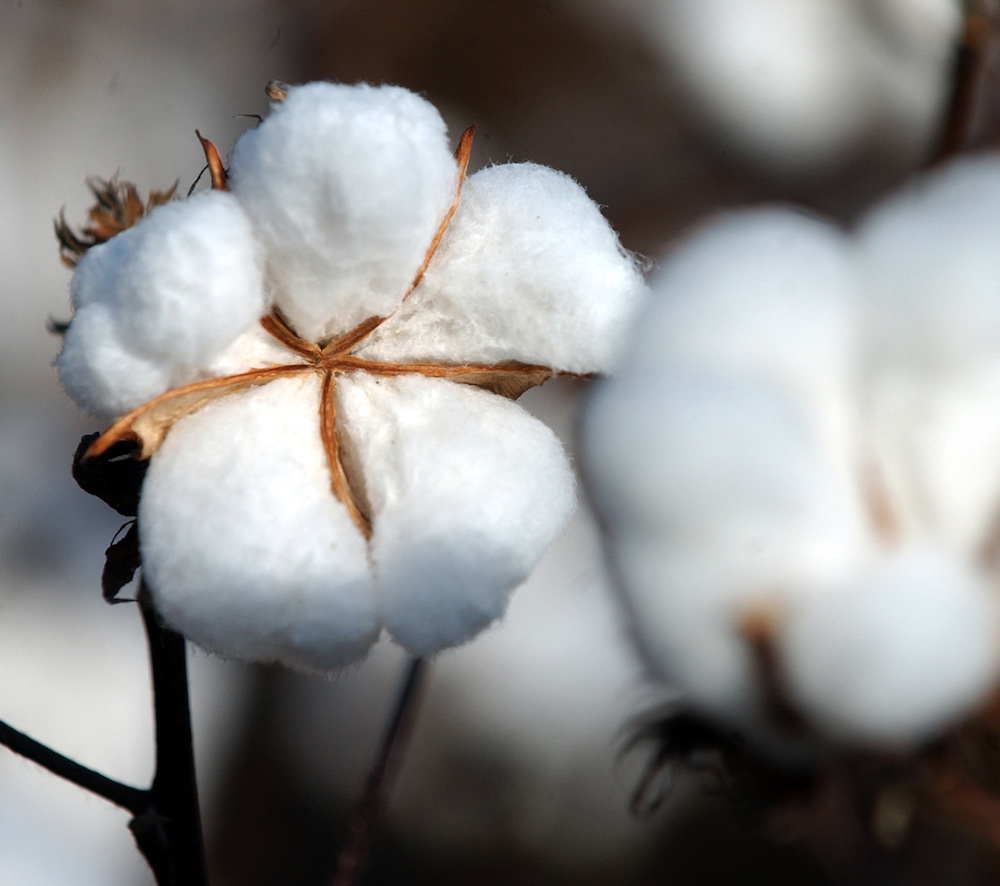 CAES News
CAES News
UGA scientist leads coronavirus research on Griffin campus
When COVID-19 was identified, Malak Esseili stopped taking her children along on trips to the grocery store and she told her sisters to start wearing scarves as makeshift masks while in public. As an assistant professor of food virology at the University of Georgia Center for Food Safety in Griffin, Esseili studied the emerging viral pathogen SARS-CoV-2 (the virus that causes COVID-19).

